Superagers: who are they and how cycling can turn you into one of them
A few days ago, the Catalan Maria Brayas passed away at the age of 117, recognized as the oldest person in the world. Her longevity has once again brought to light the topic of the factors that make us have a longer and healthier life, aspects that are the subject of various scientific research and among which cycling is proposed as an excellent tool to enjoy health for many more years and, who knows, help us become what the Anglo-Saxons call superagers or super grandparents.

How cycling can help you live longer
Human beings are increasingly living longer lives thanks to improvements in living conditions. However, it is of little use to have a long life if one does not reach an advanced age in physical and mental conditions to continue enjoying it, a field of study that attracts the attention of scientists, especially when analyzing the factors of the increasing number of people who reach the age of one hundred and, above all, of the few individuals who surpass 110.
Among the patterns detected in these individuals, it stands out that the vast majority of them reach that age maintaining good physical and psychological faculties, which has led to the term superager being coined to define those individuals over 80 years old but with cognitive abilities that are usually found in people aged 50 to 60.
RECOMENDADO

How to choose the right crankset and cassette: a guide to find the right ratio and extend the life of your bike

Can I go cycling with the flu or a cold?
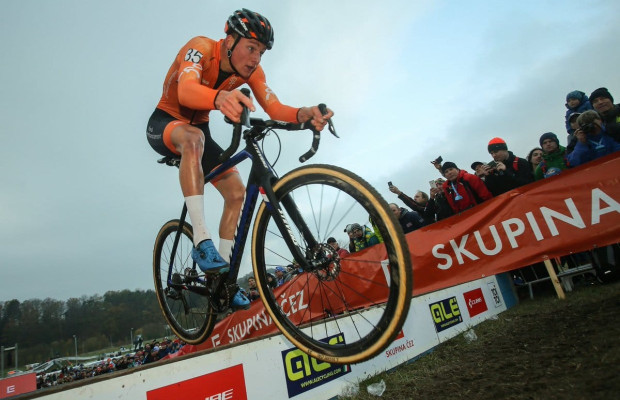
He invented the idea of jumping over the planks, which earned him a World Championship against Van der Poel
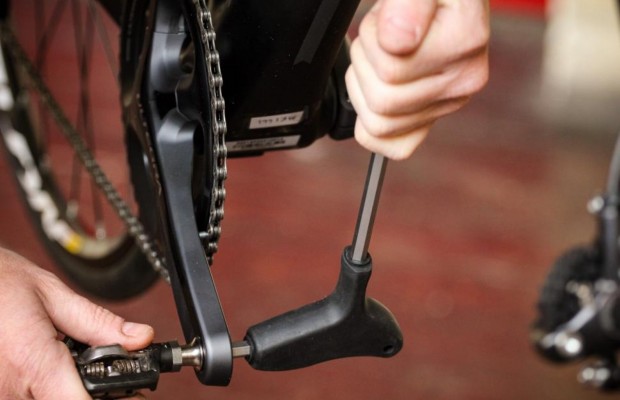
How to change the pedals of any bike in 5 steps
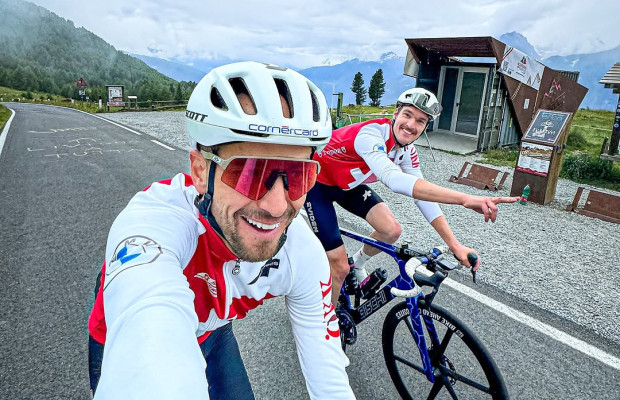
Is it possible to do base training when time is short?

Alcoholic beverages with the fewest calories
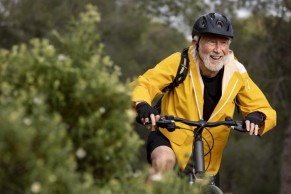
Obviously, becoming a superager has a high genetic component, in fact, it is common for longevity to be shared among members of family groups. However, research has also observed many environmental factors that are repeated in individuals who manage to reach advanced ages in top form.
Among these factors, we find maintaining a healthy diet, having a good social network of friends and family that allows them to stay active, stimulated, and, in short, helps them enjoy life.
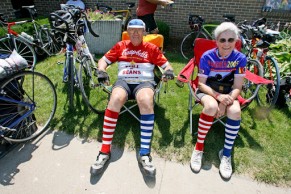
And among these factors, one no less important is that they are physically active people, where cycling can become an extremely useful tool. In fact, in addition to the physical activity it entails, riding a bike helps maintain psychomotor skills by requiring balance, agility, and skill in handling.
We must not overlook the social factor that cycling implies, where group rides become friends with whom we share a thousand adventures and who serve as a stimulus to improve ourselves every day. In fact, in almost all areas frequented by cyclists, it is easy to find groups of super grandparents whose members often exceed 80 years old and who are still able to face, at their own pace, routes of over 100 kilometers even with climbs. In fact, you probably know someone who, at 60 or 70 years old, is able to pedal at the pace of the best in the groups on flat terrain and who needs demanding climbs and pace to be able to keep up with them.
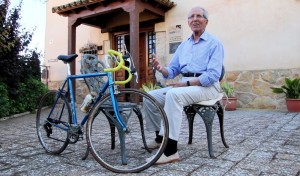
A good example, which made headlines in the newspapers a few years ago, was the French cyclist Robert Marchand, who passed away in 2021 at the age of 109 and who, at 105 years old, set an hour record in a velodrome after covering 22,547 km. The UCI had to create a specific category for him since no one of such an advanced age had ever attempted to break that record. And speaking of elderly cyclists, we cannot fail to mention Federico Martín Bahamontes, who passed away in 2023 at the age of 95 and who maintained excellent cognitive abilities throughout his life, becoming a legend when he began to recount his adventures as a professional cyclist in the 1940s.